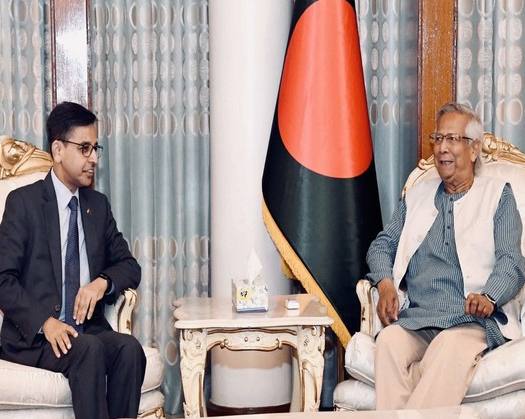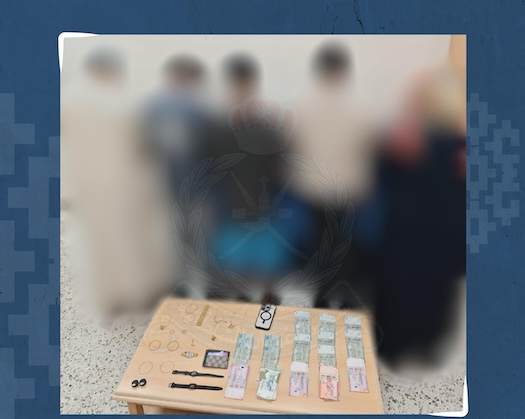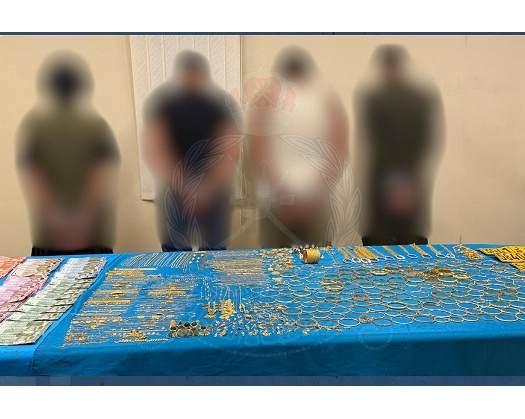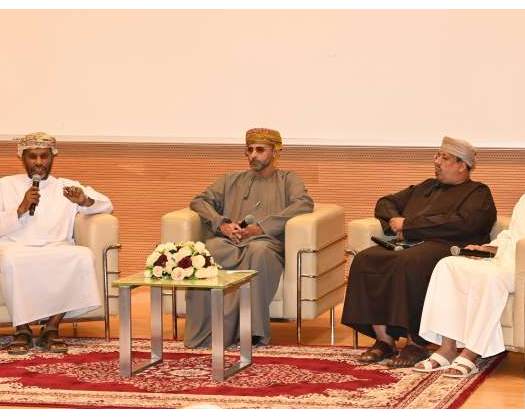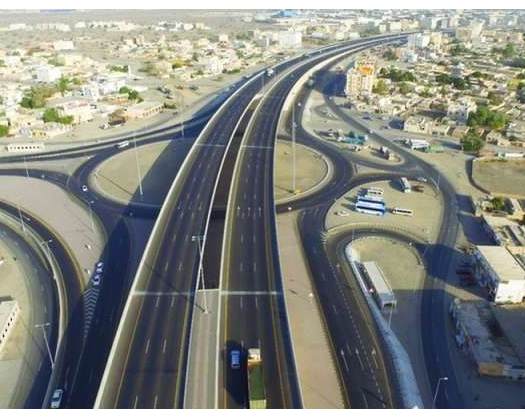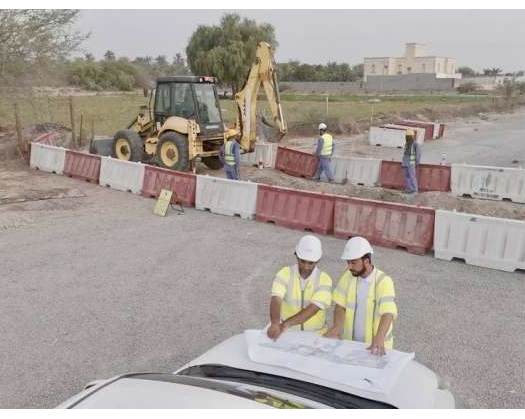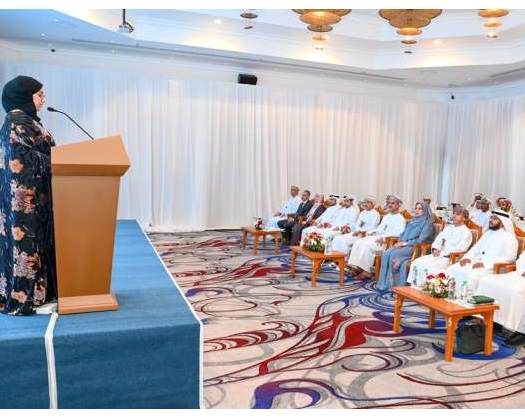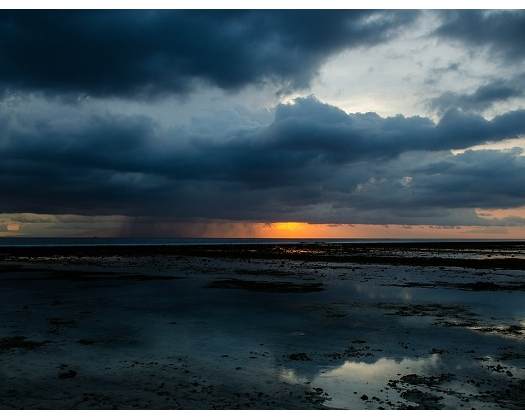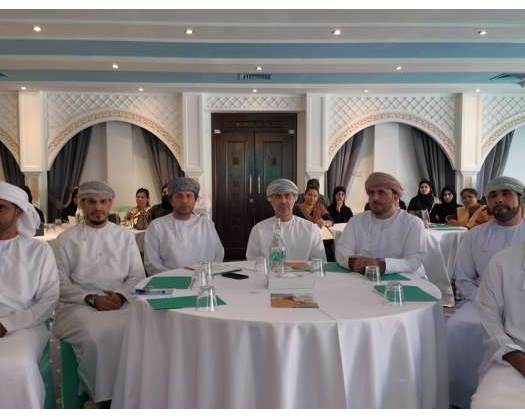Dhaka: The High Commissioner of India, Pranay Verma, conducted his introductory call with Professor Muhammad Yunus, the head of the interim government of Bangladesh, on Thursday. During this conversation, he reiterated India's commitment to collaborate with Bangladesh in achieving the mutual aspirations of the populations of both nations for peace, security, and development.
"High Commissioner Pranay Verma engaged in an introductory call with Professor Muhammad Yunus, the esteemed leader of the interim government of Bangladesh, today. He emphasized India's dedication to working in tandem with Bangladesh to realize the collective goals of the peoples of both countries for peace, security, and development," the High Commission of India in Bangladesh announced on the occasion.
It is noteworthy that the interim government, under the leadership of Professor Muhammad Yunus, is currently facing challenges in restoring order following a period of lawlessness and violence that ensued after the resignation of former Prime Minister Sheikh Hasina on August 5.
The interim government, led by Professor Muhammad Yunus, has been actively addressing the situation and striving to bring stability back to the country after several days of unrest and violence. This period was marked by incidents of violence and disorder, particularly targeting minority groups, including Hindus, following the resignation of Sheikh Hasina and her subsequent departure from Bangladesh.
Furthermore, it has been clarified by the Ministry of External Affairs that the recent flooding in Bangladesh's eastern districts is not directly attributed to the opening of the Dumbur dam upstream of the Gumti River in Tripura.
"We wish to highlight that the Gumti River, which flows through both India and Bangladesh, has been experiencing the most severe rainfall of the year in recent days," the Ministry of External Affairs stated in a press release.
It further mentioned that the areas surrounding the Gumti River, which are shared by India and Bangladesh, have been subjected to the heaviest rainfall of the year in the past few days. The flooding in Bangladesh is primarily a result of the overflow from these large catchment areas downstream of the dam.
The Ministry also clarified that the Dumbur dam is situated quite a distance from the Bangladesh border, over 120 kilometers upstream. It is a relatively low-height dam (approximately 30 meters) that is operational and generates electricity, which is then distributed to Bangladesh through a grid, with Bangladesh also benefiting from 40 MW of power from Tripura.
"Along the approximately 120 km stretch of the river, there are three monitoring stations for water levels: Amarpur, Sonamura, and Sonamura 2. The heavy rainfall has persisted since August 21 across Tripura and the adjacent districts of Bangladesh," the Ministry added.
In the event of significant water inflow, automatic releases have been observed at these monitoring stations.
"Amarpur station is participating in a bilateral protocol that involves the transmission of real-time flood data to Bangladesh," it was stated. Furthermore, it highlighted that data indicating an upward trend was provided to Bangladesh as far back as 1500 hours on August 21. However, at 1800 hours, the situation escalated due to flooding, resulting in a power outage that complicated communication efforts. Despite these challenges, efforts were made to sustain communication through alternative methods specifically designed for the urgent exchange of data, it was reported.
"Floods along the shared rivers between India and Bangladesh pose a collective challenge, affecting the populace on both sides and necessitating collaborative efforts for their resolution. As nations that share 54 common rivers, the cooperation of river water is a critical component of our bilateral relations. We are dedicated to addressing and resolving issues and concerns related to water resources and river water management through bilateral consultations and technical discussions," the Ministry of External Affairs (MEA) further elaborated.

